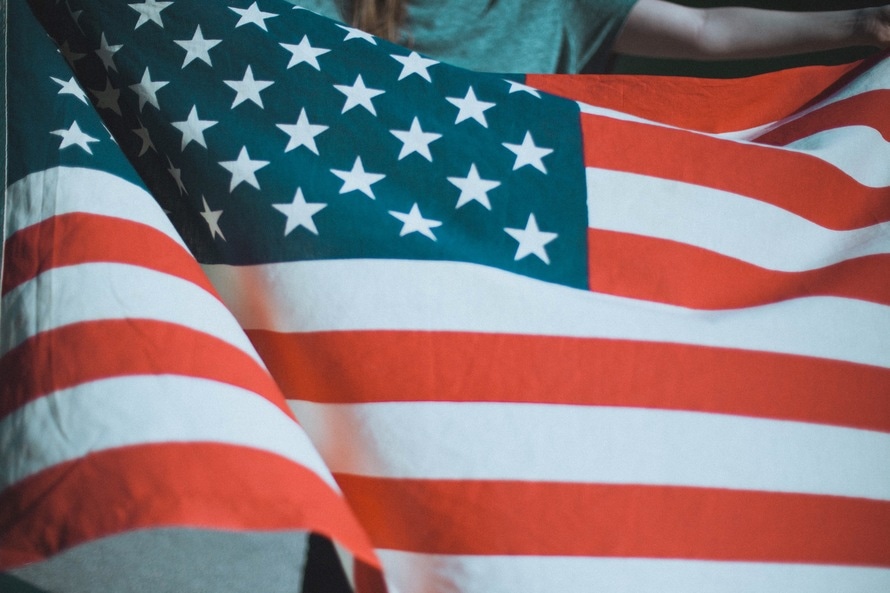
While it may be difficult to get Americans to collectively agree on the many issues, it seems that when it comes to pets and the value we place on them, there is little disagreement. The 2015-2016 American Pet Products Association survey reported that an astounding 65% of all American households have a pet. An identified 79.7 households have dogs–over 100 million of them in all. Cat owner households total 42.9 million. Fresh water fish, birds, reptiles and horses, along with small animals such as rabbits, hamsters, and others make up another 25-27 million pets.
Americans, it seems, have also come to view and treat their pets in human terms. No longer satisfied with relegating the family pet to its own domain, today’s pet lovers are demanding the highest quality products and services for those they love. The idea of buying a simple dog chew or catnip toy now takes a back seat to designer sweaters and jewelry for our beloved companions. The current trend of dog hotels instead of kennels, indoor animal toilets, perfume, a hugely popular service “doggie dates” and exotic animal sitting services have found their way into today’s pet economy.
For the most passionate pet lover, faux mink coats, lumberjack vests, designer jackets, matching jeweled leather collar and leash sets, Halloween costumes, and holiday outfits are becoming part of the new “pet fashion.” Safety seats for transporting pets in vehicles are also becoming popular. One of the larger pet expenditures is pet food. These days the pet food aisle looks strikingly similar to the rest of the “human food” aisles in chain grocery stores. Specialized, balanced gourmet meals are readily available in the refrigerator section as well as a plethora of animal treats, vitamins, and supplements. Special diet foods for the senior pet population offer life extension and prolonged health.
The country’s household expenditures on pets for 2015-16 was in excess of 62.75 billion dollars. It is easy to imagine that this number must be a mistake as this is more money being spent on pets in the United State than the gross national product numbers for all but 64 countries around the world. This 62.75 billion dollar figure also represents almost double the approximately $35 billion dollars Americans spend on going to movies, playing video games, or for listening to recorded music.
The approximate 20% of non-pet households are for the most part made up of individuals with allergies, or who live in apartments or other environments that do not welcome pets, and those who have no time left in their over-scheduled lives to care for a pet. It seems people of all ages, ranging from infants to very elderly, enjoy and welcome the company of pets. The presence of pets is so popular today that some nursing facilities now have therapy pets at the facility on a regular basis. The one down side to this practice is that sometimes the residents start arguing and competing over who gets to keep the cat, dog, or bird with them for the day.
What fuels our passion for pets? It is really quite simple. Our pets love us unconditionally. They listen to us when we speak, provide companionship without politics or the agenda of most relationships. They accept our love and affection the way we chose to give it, without complaint, and they provide us in return with affection and loyalty. They are the ultimate loving family member, and we are now treating them as such. Can anyone blame us?
Social networking has become the way we communicate and “do” relationships. These days it is often over e-mail and texting messages that we are starting relationships or ending them, sharing major life events–even proposing marriage. The intimate contact of human connections we had even 15 years ago before the dominance of the internet and cell phones is now being replaced by our pets.
Pets are not only beloved companions, but they are also taking on the role of healers. Dogs have been long known for their service as seeing eye dogs, but the use of dogs and other pets in many areas of healing and health monitoring are becoming more widespread. Dogs who alert their companions for seizures or “sniff out” cancer or horses that assist with helping autistic children to interact with others are easily found on the news or internet.
A recent study by researcher Dr. Karen Allen at the State University of New York at Buffalo identified that individuals suffering from hypertension when adopting a dog or cat had lower blood pressure readings in stressful situations than their counterparts who did not have a pet companion. The National Institute of Technology Assessment Workshop, Health Benefits of Pets, identified that pets provide greater psychological stability, which us protects not only from heart disease and other stress related conditions but also reduces depression. In the same study, pets have been shown to lower the cost of health care as individuals with pets make fewer doctor visits, especially “for non-serious medical conditions.”
A Perdue University study demonstrated that when seniors face traumas or other forms of adversity, the affection received by their pets and the bond between them helps prevent depress and loneliness. As a means of enhancing our psychological and physical well-being, pets have the power to love us, heal us, and help us to live longer. If only we could get other humans to do so with the same honesty and loyalty that our pet companions provide us.
Sources:
- http://www.vet.purdue.edu/cpb/faculty_profiles/beck_alan.html (Between Pets and People: The Importance of Animal Companionship)
- http://center4research.org/healthy-living-prevention/pets-and-health-the-impact-of-companion-animals/
- http://www.americanpetproducts.org/press_industrytrends.asp
- http://center4research.org/healthy-living-prevention/pets-and-health-the-impact-of-companion-animals/ (National Institute of Health Technology Assessment Workshop: Health Benefits of Pets Help to Fight Depression Pets help fight depression and loneliness, promoting an interest in life.)
- http://www.vet.purdue.edu/cpb/faculty_profiles/beck_alan.html (Between pets and People: The Importance of Animal Companionship)
For more whole health discussions, listen to my weekly radio show Living Above The Drama. Also available on iHeartRadio.

